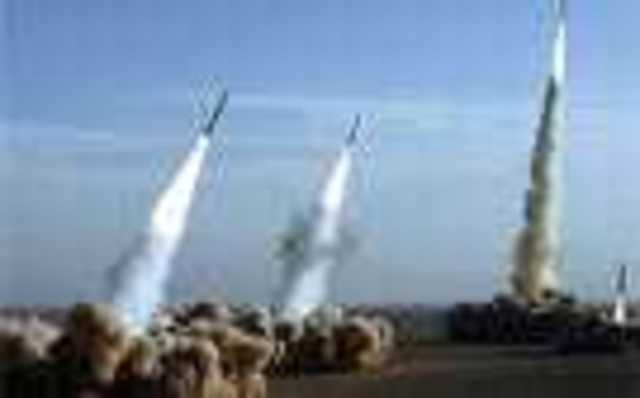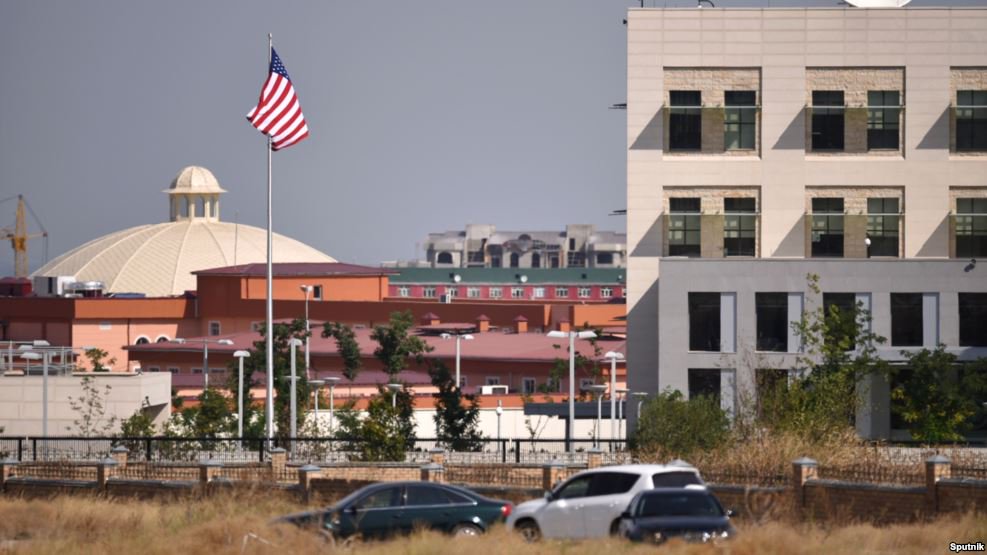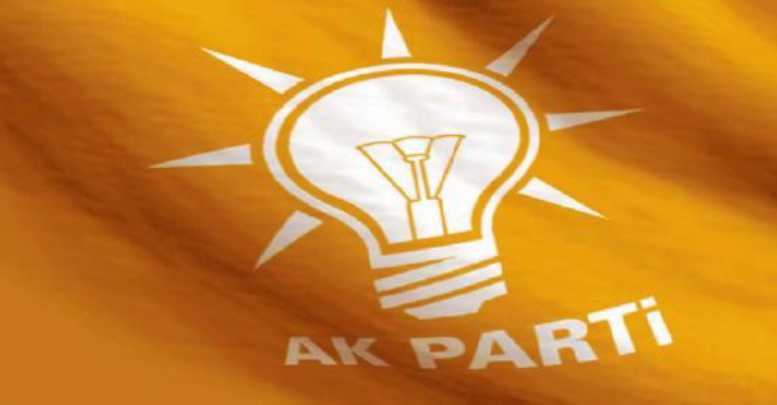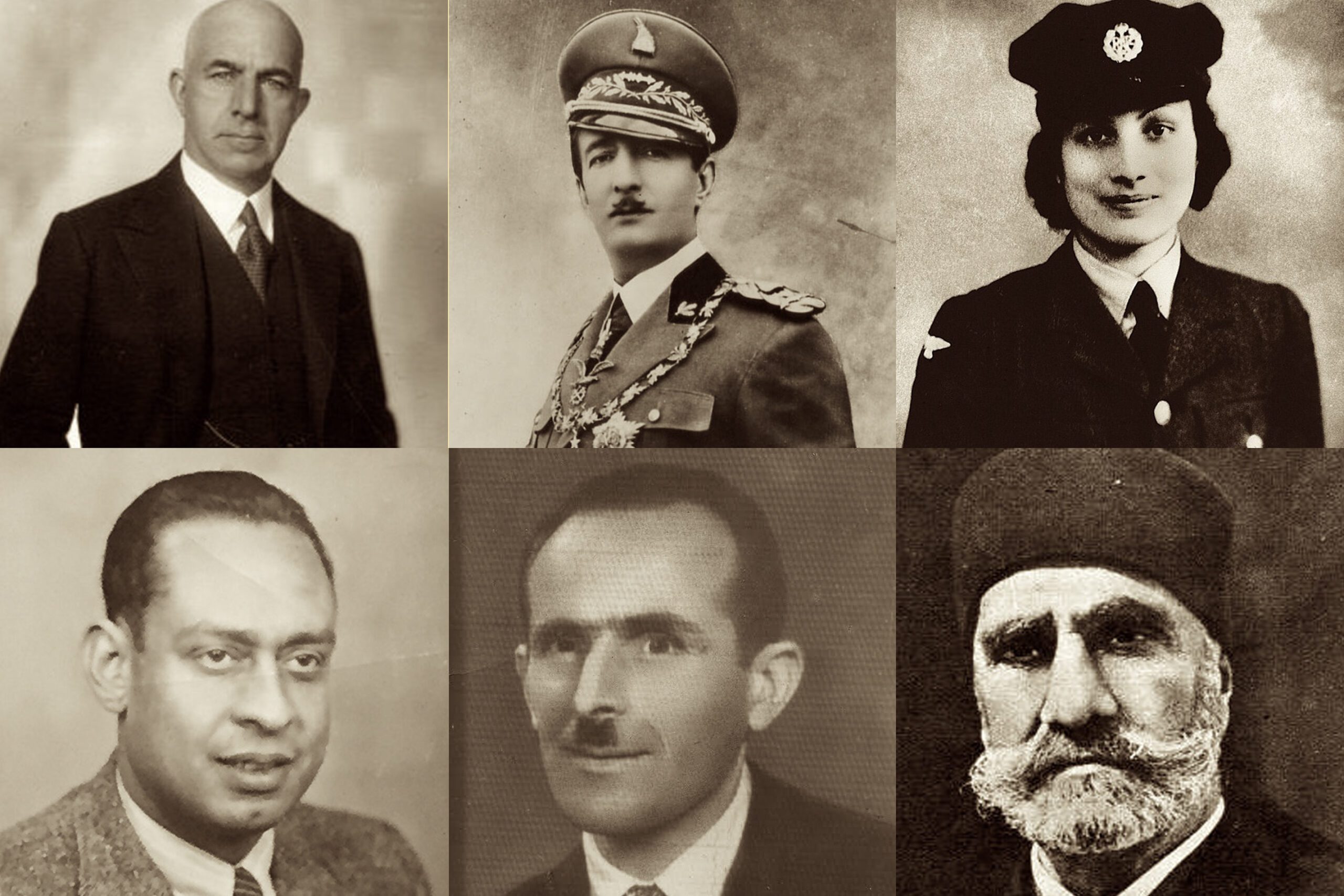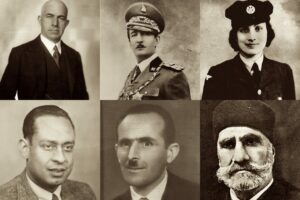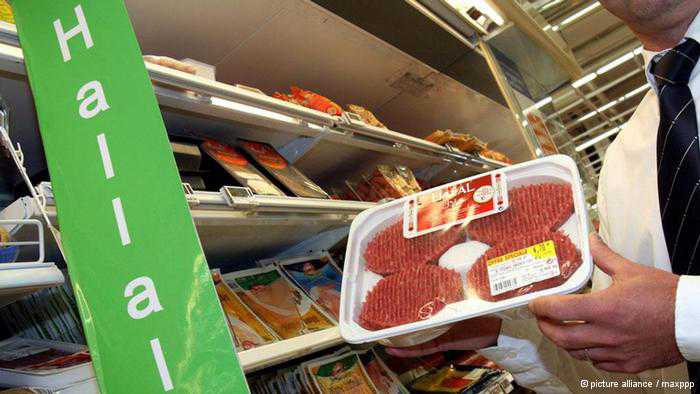
- Despite risks to its economy, Turkey, driven by domestic political imperatives and the need to defend its sovereignty, will not abandon the Russian-made S-400 over U.S. threats of retaliation.
- The United States will likely follow through on its threat to impose sanctions on Turkey, which could hurt the country’s economy and further sideline it from the multinational F-35 fighter development program.
- That pressure will slow the development timeline for Turkey’s domestic defense sector, but Ankara is calculating that it can withstand and defuse U.S. pressure over the issue.
Turkey’s game of chicken with its most important NATO ally, the United States, is coming down to the wire. Turkey continues to insist that it will take delivery of the Russian-made S-400 missile system next month; the United States says it will impose penalties on Turkey if it does so. Whether by employing the provisions of the Countering America’s Adversaries Through Sanctions Act (CAATSA) or ending Turkey’s involvement in the high-tech F-35 stealth fighter program, the U.S. could invoke retaliatory options that would hurt Turkey’s economy. But even as U.S. President Donald Trump and Turkish President Recep Tayyip Erdogan discuss the potential for a last-minute deal on the issue, Turkey’s domestic political considerations are more likely to send the ostensible allies down the road to confrontation, rather than compromise.
Notable policy disputes over the years have tested the relationship between Turkey and the United States. The Turkish invasion of Cyprus in 1974, the U.S. invasion of Iraq in 2003, and, more recently, U.S. support for the Kurdish-dominated People’s Protection Units in Syria’s civil war have strained ties between the longtime NATO allies. And though the impending delivery of the Russian S-400 missile system to Turkey represents another major potential break, the threat of U.S. retaliation isn’t likely to dissuade Turkey from buying the air defense system — creating new risks to Ankara’s already unstable economy and exposing yet another rift in the two countries’ complicated relationship.
Turkey Goes Its Own Way
For both countries, there are deep interests at stake. The immediate reason for the S-400 purchase stems from the earlier failure of Ankara and Washington to reach an agreement on the sale of U.S. Patriot missile systems to Turkey, which began pushing to acquire an air defense system in part to defend itself as it became more involved in Syrian civil war. But after Turkey balked at the terms of a Patriot deal, it invited other offers in a tender process, ultimately choosing the Russian system. The decision has left a lingering sense of mistrust between Turkey and the United States, fueling the former’s desire to diversify its own arms suppliers.
But in and of itself, the S-400 is only part of the explanation for Turkey’s behavior. For Ankara, the purchase would offer an upgrade on its relationship with Russia, whose cooperation is increasingly important to Ankara. More and more, that relationship matters on a security and strategic level, as Moscow’s assent is crucial if Ankara is to accomplish its goals in Syria. Buying Russian arms also helps Turkey fulfill its long-term strategy to diversify arms supplies and benefit from technology transfers from partners other than the United States, considering their recurrent disagreements over policy and strategy. For Erdogan and his Justice and Development Party (AKP), buying the Russian system over the objections of the Americans also delights the nationalists and ultranationalists who make up a sizeable portion of their political base and who wish to see Turkey act more independently in pursuit of its national interests.
For the United States, Turkey’s S-400 purchase bears alarming strategic and military implications. A potentially expansive Russo-Turkish defense relationship would complicate America’s alliance with Turkey, a longtime NATO partner. The United States is also worried that Turkey could use the S-400 system to scan the F-35s that are meant to fly Turkish skies — with the resulting intelligence making it into Russian hands. Turkey has argued that the S-400 system already picks up F-35s patrolling near Russia’s Leningrad oblast around St. Petersburg, as well as in Syria, but that has failed to sway the United States. As a result, Washington is considering invoking CAATSA, ending Turkey’s participation in the multinational F-35 development program and/or imposing sanctions through the Protecting NATO’s Skies Act currently working its way through the U.S. Congress.
While Turkey is well-aware of the economic consequences of its choice, domestic political considerations are propelling Ankara to override economic considerations and choose the Russian system.
These interests have produced a clash between the two allies: Turkey does not want to appear to have backed down from its long-sought deal, while many in the United States beyond just Trump — such as in Congress — wish to pursue a confrontation with Turkey over the S-400.
Ankara Plays to the Gallery
Turkey thus finds itself in a position in which it must decide if it will, in some fashion, back away from the S-400 deal, or accept the possible economic damage of sanctions and its eventual ejection from the F-35 program. But while Turkey is well aware of the economic consequences of its choice, domestic political considerations are propelling Ankara to override economics and choose the Russian system.
Erdogan has accumulated domestic clout by stoking nationalism through his frequent challenges to the ostensible Western imperialist pressure against his country. At present, Erdogan is calculating that the U.S. threats are a bluff, driving him to choose a path that bolsters the government’s popularity. But the fragile state of Turkey’s economy does pose the question of whether such political brinkmanship is worth it for Ankara. The country’s economy dipped into a recession during the last quarter of 2018, while growth also slowed in the second half of last year. During this time, Turkey has earned more revenue from exports — but only because the lira is so weak that the country’s goods are much cheaper. Over the next year, the Turkish private sector must pay back close to $140 billion in debt, while domestic consumption has slowed. But the five-year gap until the next scheduled elections in 2023 also forms part of Ankara’s calculations regarding economic risk, as Erdogan believes he has time to stabilize the economy — even if the United States imposes sanctions that cause foreign investors to flee or further depress the lira’s value.
In terms of defense, Turkey aims to reach self-sufficiency by 2023 — the centenary of national independence; at present, it classifies itself as 70 percent independent in the sector. The defense industry has posted impressive growth figures in recent years, raising exports by 64 percent year on year this January and surpassing $2 billion in exports for the first time ever in 2018. These figures notwithstanding, Turkey might be willing to sacrifice the success of its arms industry on the grounds that CAATSA sanctions — which would target only the defense sector — won’t otherwise damage the country’s wider economy. After all, the country’s defense sector constitutes less than 1 percent of the Turkish economy and employs just 30,000 people in a labor market of 31 million. And according to the latest leaks on potential CAATSA sanctions, U.S. authorities could deny three Turkish defense companies access to the U.S. financial system — a restriction that would naturally hit the companies in question, but not necessarily hurt the rest of the economy.
There is, ultimately, no guarantee that even major U.S. economic pressure will force Turkey to make a compromise on the matter.
Nevertheless, U.S. sanctions would have a real impact on Turkey. For one, such measures would represent a political disappointment for the country’s leaders, who have pinned part of their narrative of a Turkish resurgence on the success of a robust defense industry. Furthermore, it would deal a personal blow to Erdogan, who has promised growth in the sector. And it would also be a setback to Turkey’s own security, as it would slow the country’s drive for self-sufficiency by hindering the formation of a well-developed defense sector through cooperation with the United States. And Turkey’s departure from the F-35 program could cause it to lose out on $10 billion to $30 billion in export revenue from its defense products.
In the event that the United States retaliates against Turkey, the latter’s economic problems may overwhelm Ankara’s commitment to the S-400 deal and pave the way for more substantial negotiations on the issue. As part of a compromise, for instance, Turkey could mothball the S-400 system or donate it to a regional ally, like Azerbaijan. But there is, ultimately, no guarantee that even major U.S. economic pressure will force a compromise, meaning the S-400 debate may sour U.S.-Turkish relations for years to come.

